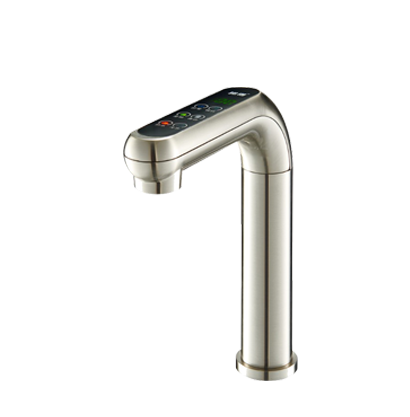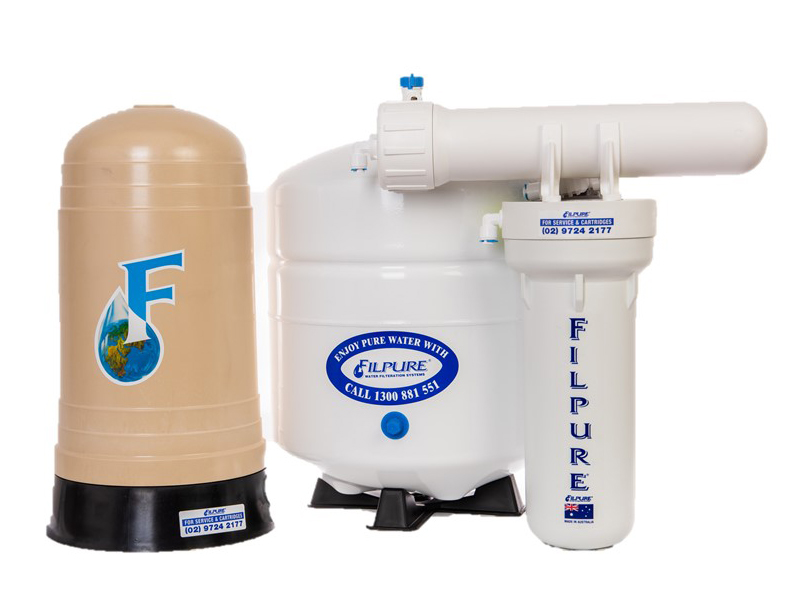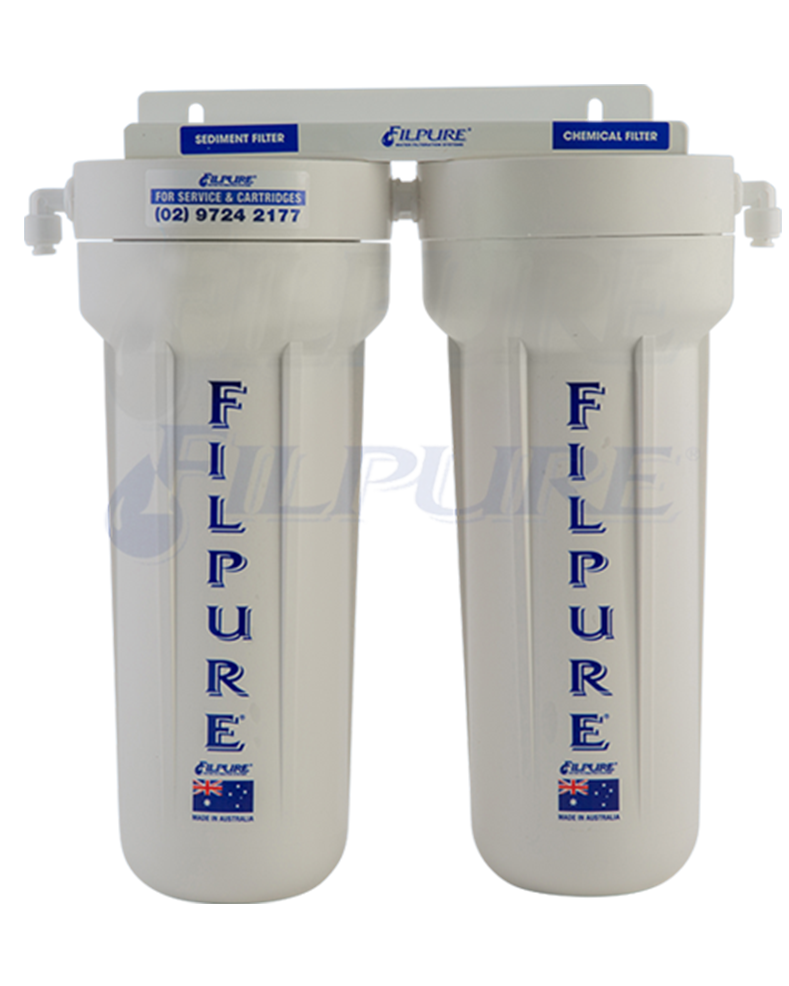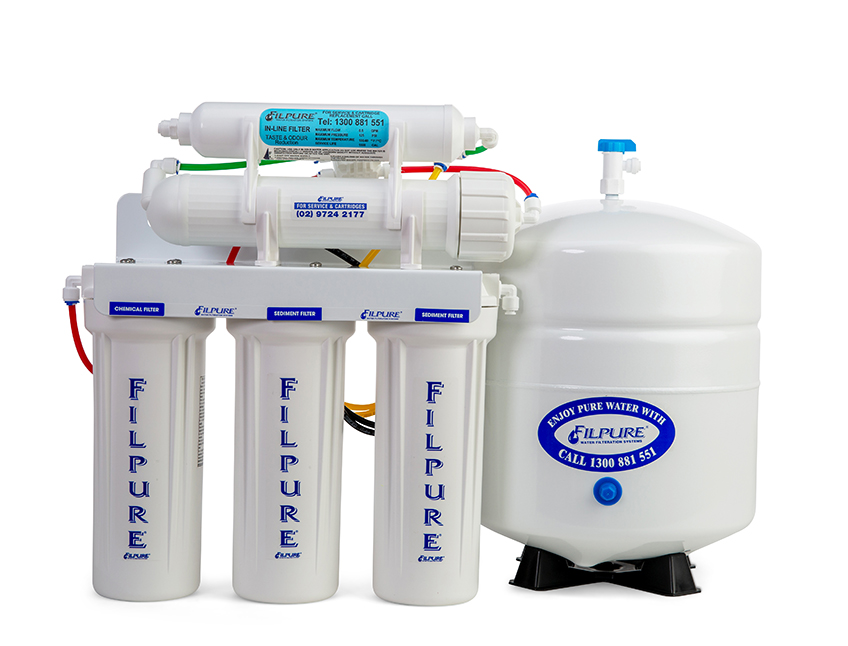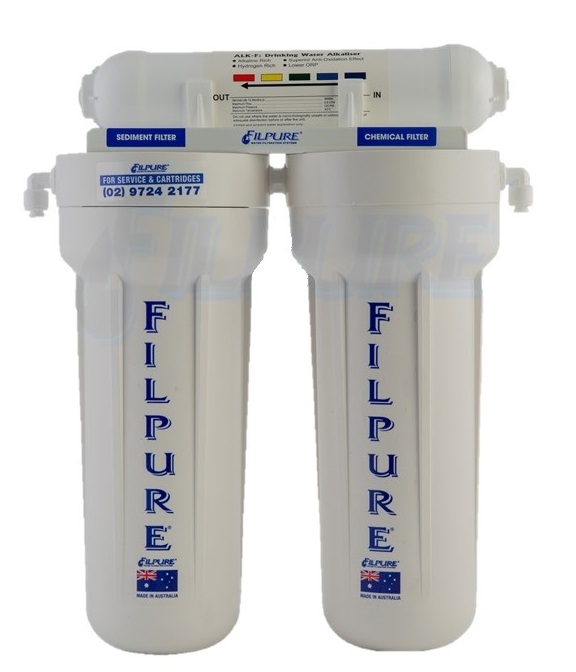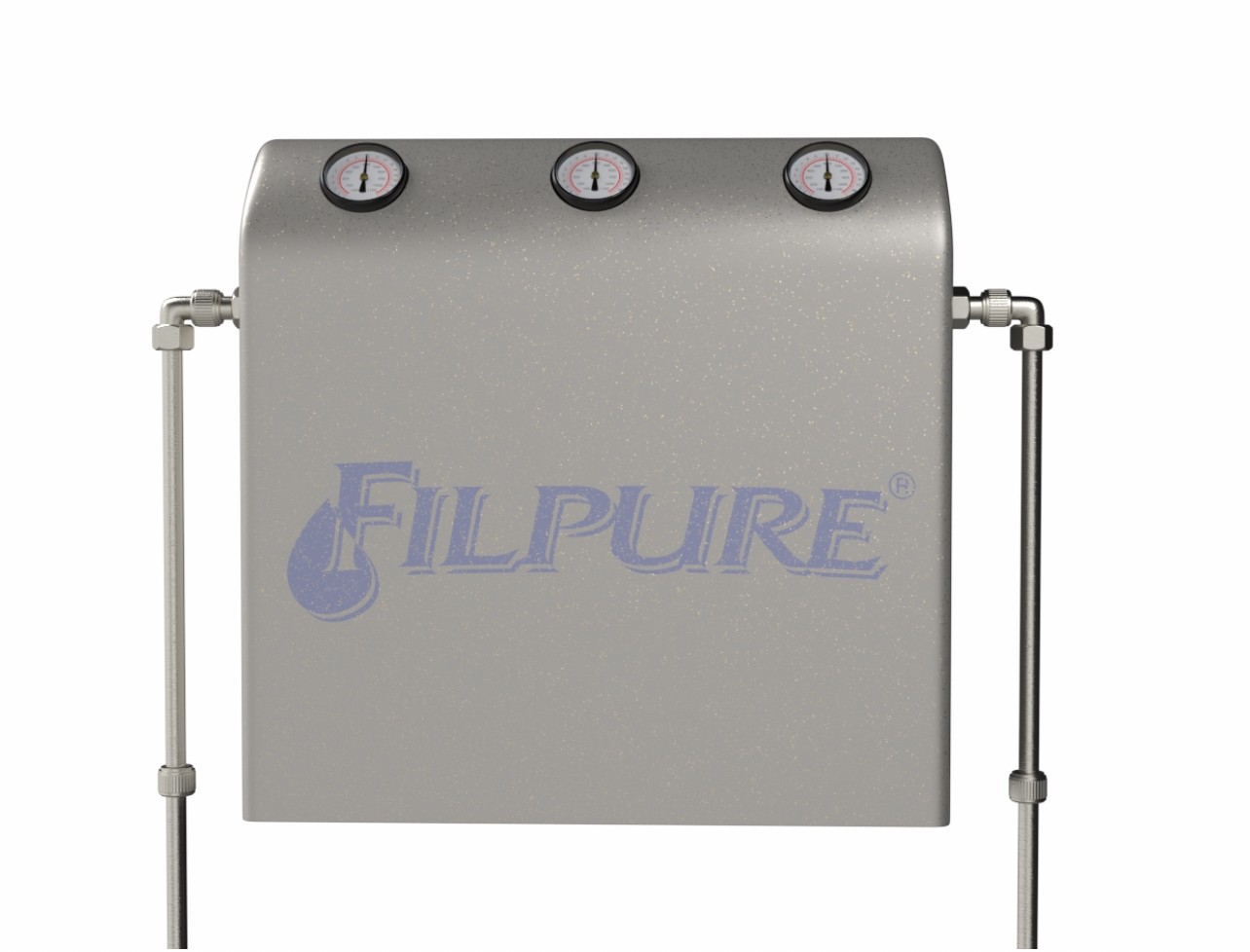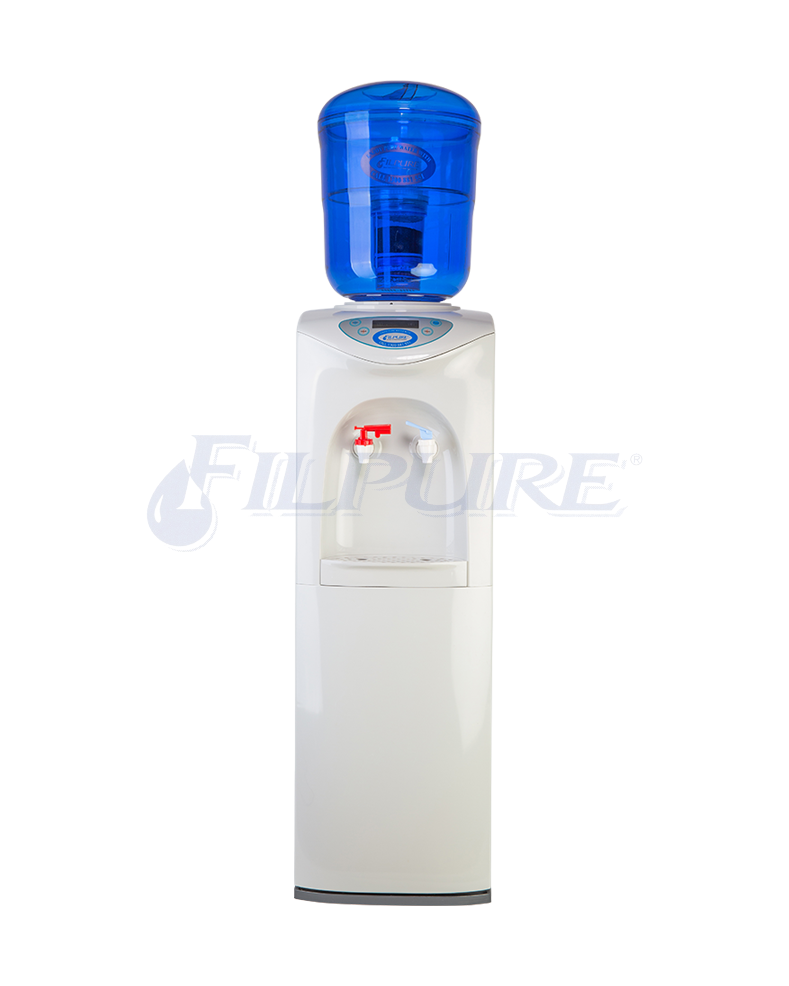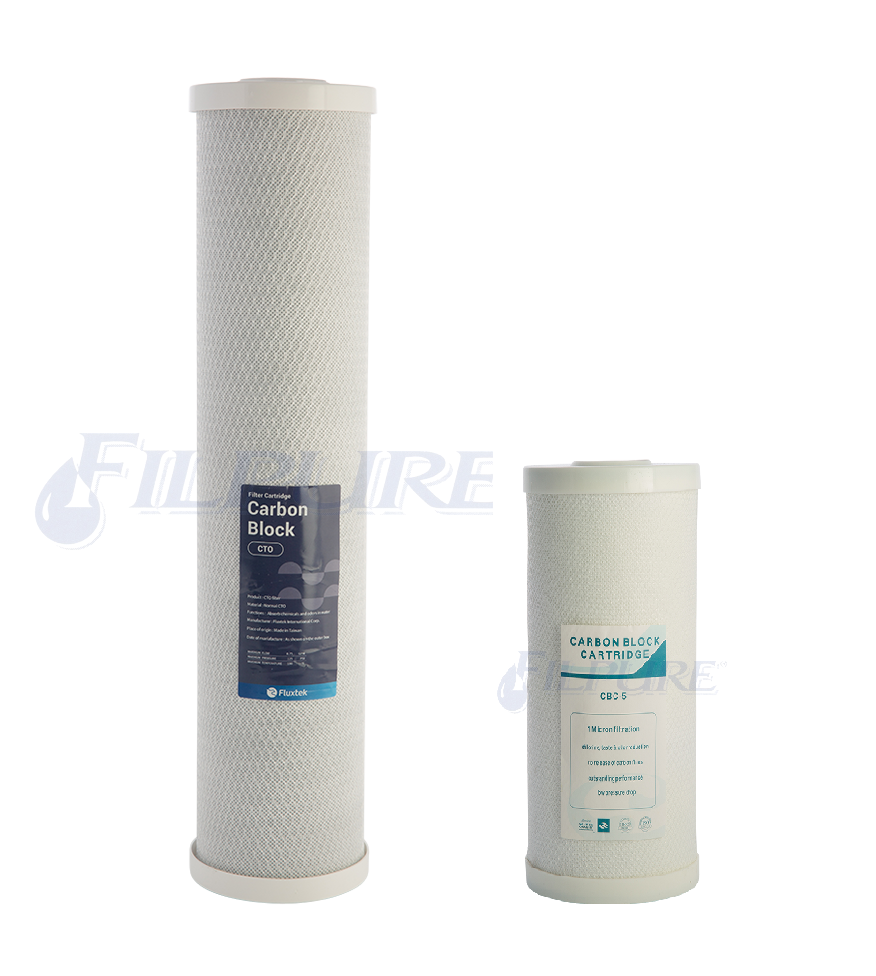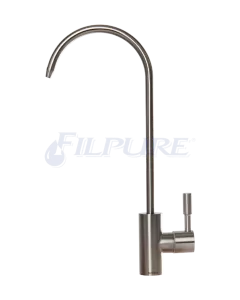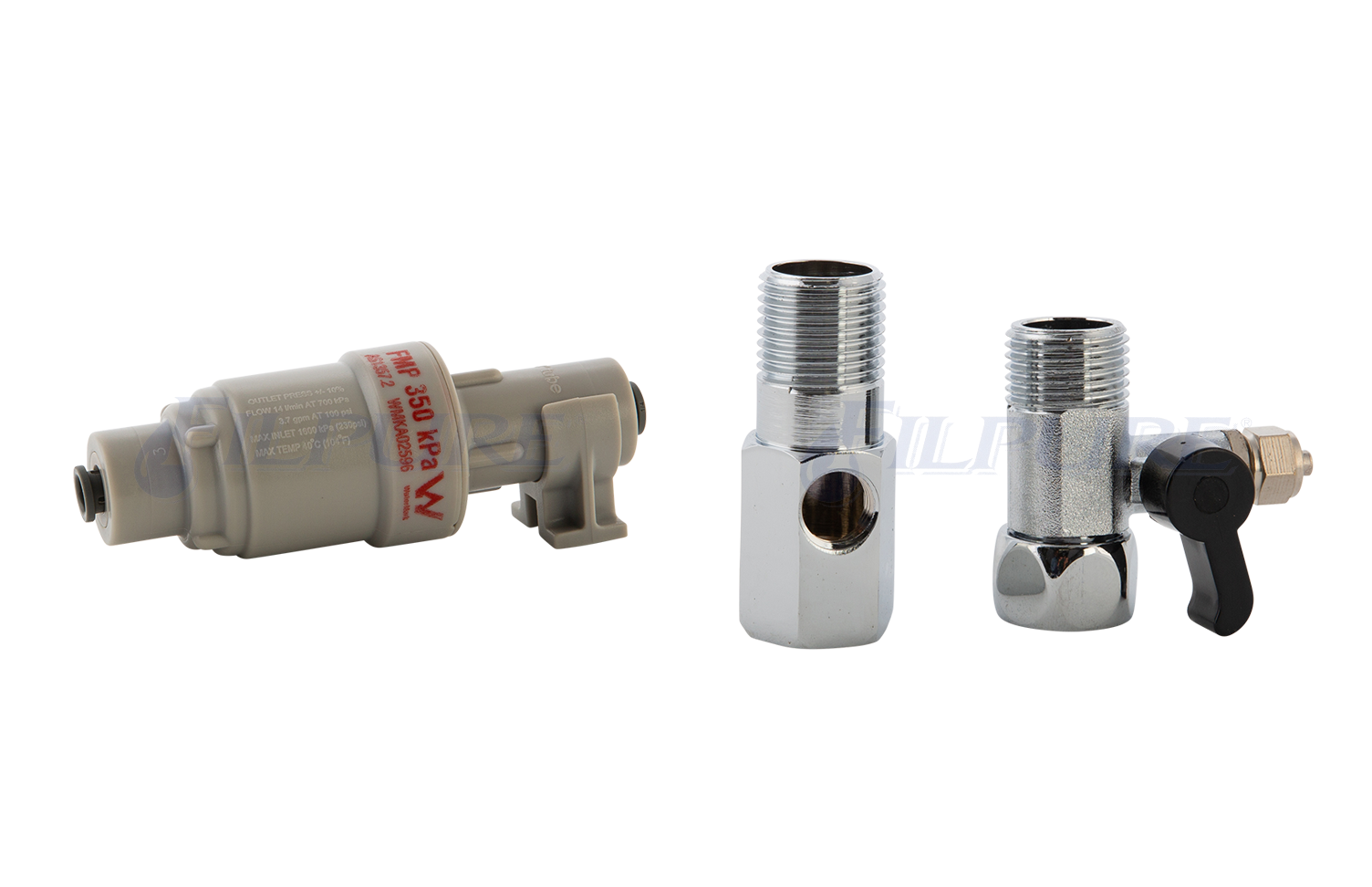Does Sydney Have Hard Water? Complete Explaination
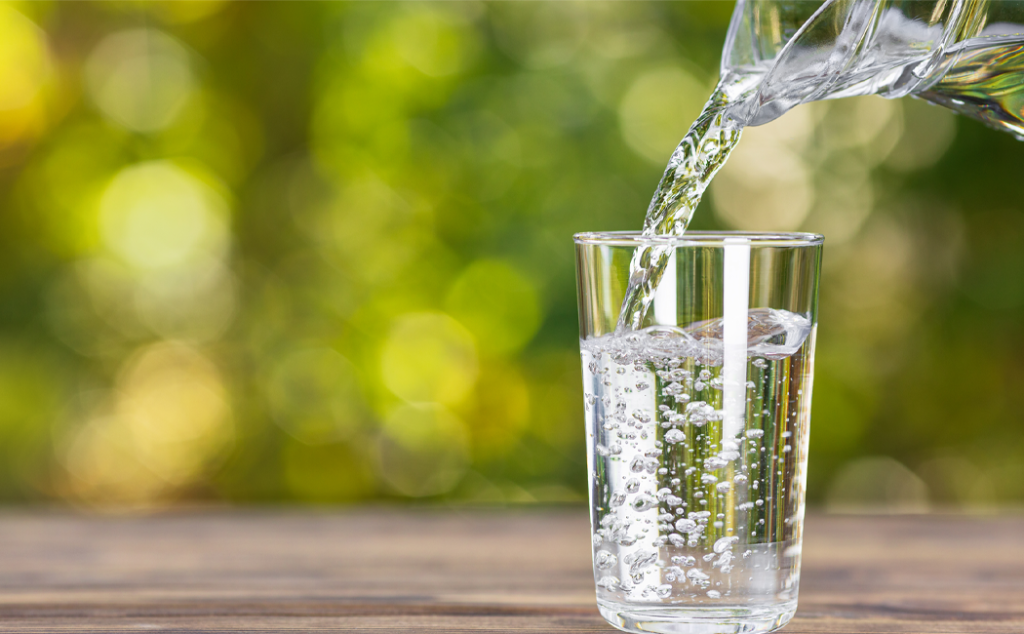
When it comes to Sydney’s tap water, many wonder about its hardness and how it affects daily use. The short answer is no—Sydney tap water is generally considered soft. The water has relatively low levels of calcium and magnesium. This means residents and visitors don’t experience the challenges often associated with hard water.
Whether you’re curious about the quality of your tap water or evaluating whether a water softener is necessary, this guide will break it all down for you. So, let’s get started;
What is Water Hardness?
Water hardness is determined by the concentration of calcium and magnesium ions present. These minerals naturally dissolve into water as it moves through soil and rock. When water contains high levels of these minerals, it’s termed “hard water.” Conversely, water with low levels of dissolved minerals is referred to as “soft water.”
Hard water is typically measured in milligrams per liter (mg/L) of calcium carbonate or in grains per gallon (gpg). Here’s a general classification of water hardness:
- Soft water: 0-60 mg/L
- Moderately hard water: 61-120 mg/L
- Hard water: 121-180 mg/L
- Very hard water: Over 180 mg/L
These measurements help determine whether water is likely to leave residue on surfaces, irritate skin, or impact appliances.
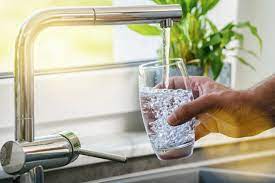
How Hard is Sydney’s Tap Water?
Sydney’s tap water is classified as soft, with a typical hardness level of approximately 57 mg/L of calcium carbonate. This means it falls well within the range of soft water. The primary reason for Sydney’s soft water supply is the way it is sourced and treated.
Most of Sydney’s water comes from rain-fed dams, which contain low mineral content to begin with. Sydney Water, the provider, applies rigorous treatment processes to ensure high-quality, soft water is delivered to homes and businesses across the city. Chlorination, filtration, and controlled mineral additions are used to create a well-balanced water composition that’s safe, soft, and enjoyable to use.
By maintaining soft water levels, Sydney residents avoid many common problems associated with hard water, such as limescale build-up or reduced efficiency in appliances.
Effects of Hard Water
You might be wondering why water hardness matters if Sydney already has soft water. For comparison’s sake, here are some common effects of hard water and why soft water is a better option:
- Appliances: Hard water can cause limescale build-up in kettles, dishwashers, and washing machines, leading to reduced efficiency and shorter lifespans. Soft water prevents this, meaning your appliances work better and last longer.
- Skin and Hair: Hard water may leave a residue on skin, making it feel dry or irritated, and can lead to dull hair. Soft water, like Sydney’s, generally avoids these issues.
- Soap Efficiency: Hard water reduces soap’s ability to lather, meaning you need more detergent for cleaning. With soft water, cleaning is more effective, and you use less detergent.
If you’re living in an area with harder water or traveling to places where this is an issue, we’ve got you covered. Check out our article, How to Filter Tap Water, to learn how to manage water quality with ease. Filtration can help provide cleaner and purer water, wherever you are!
When You Might Need a Water Softener
Even though Sydney has soft tap water, certain circumstances may arise where water-softening solutions are beneficial. For example:
- If You Notice Scale Build-Up: This could indicate harder water in your specific area or within your household plumbing system.
- Reduced Appliance Efficiency: If your kettles, dishwashers, and other appliances start experiencing issues, a water softener could help.
- Skin or Hair Irritation: While rare in Sydney, if you notice persistent dryness, it might be worth testing your water’s hardness to ensure it aligns with typical soft water levels.
If you decide a water softener is necessary, there are several types to consider:
- Ion Exchange Systems: These replace calcium and magnesium ions with sodium or potassium ions. They’re one of the most effective ways to soften water.
- Magnetic Water Conditioners: These devices alter the properties of minerals in hard water to prevent scaling, without entirely removing the minerals.
- Dual-Tank Water Softeners: Suitable for households requiring soft water around the clock, as one tank regenerates while the other is in use.
Before investing in a water softener, it’s a good idea to test your water hardness. You might find that Sydney’s naturally soft water is already suitable for your needs.
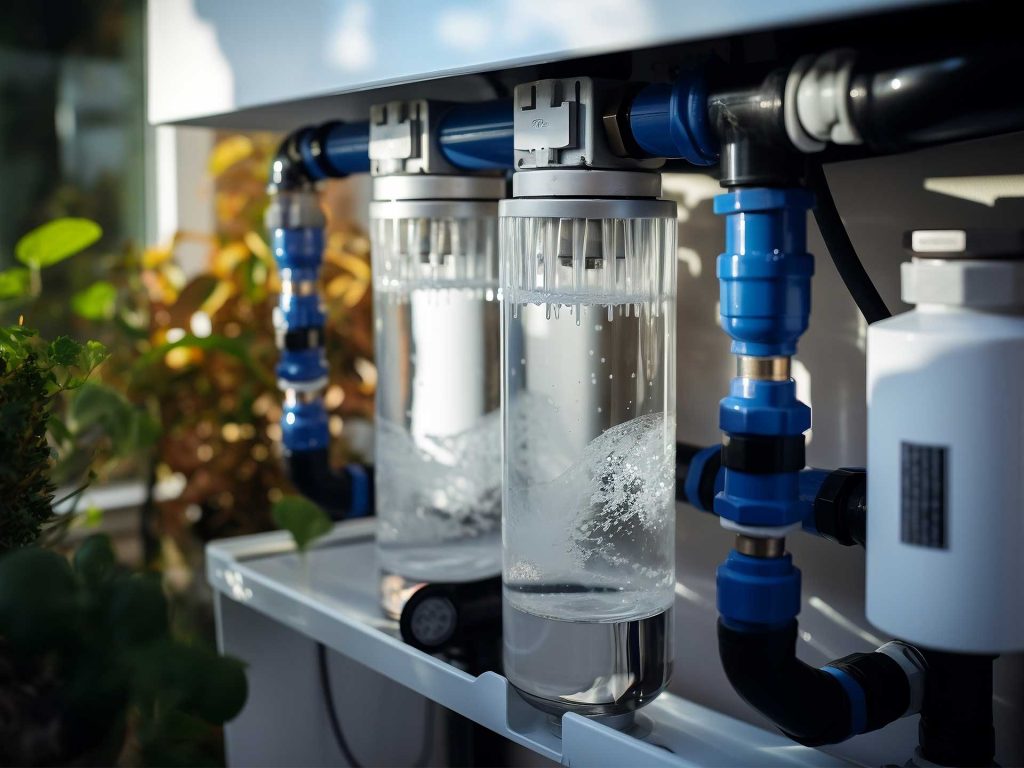
How Can Sydney Residents Maintain Water Quality?
Even with soft water, Sydney residents might still benefit from additional water filtration methods, such as sediment filters or activated carbon filters. These options can help remove any residual impurities from tap water, ensuring extra peace of mind.
By using high-quality filtration solutions like those offered by Filpure, you can enjoy the best-tasting water free from unwanted particles or odors. With Filpure’s trusted range of filtration products, improving your water quality has never been easier.
Conclusion:
Sydney’s tap water is generally considered soft, with low levels of calcium and magnesium making it friendly to appliances, skin, and hair. Thanks to Sydney Water’s high-quality treatment processes, residents enjoy reliable, clean, and soft tap water.

